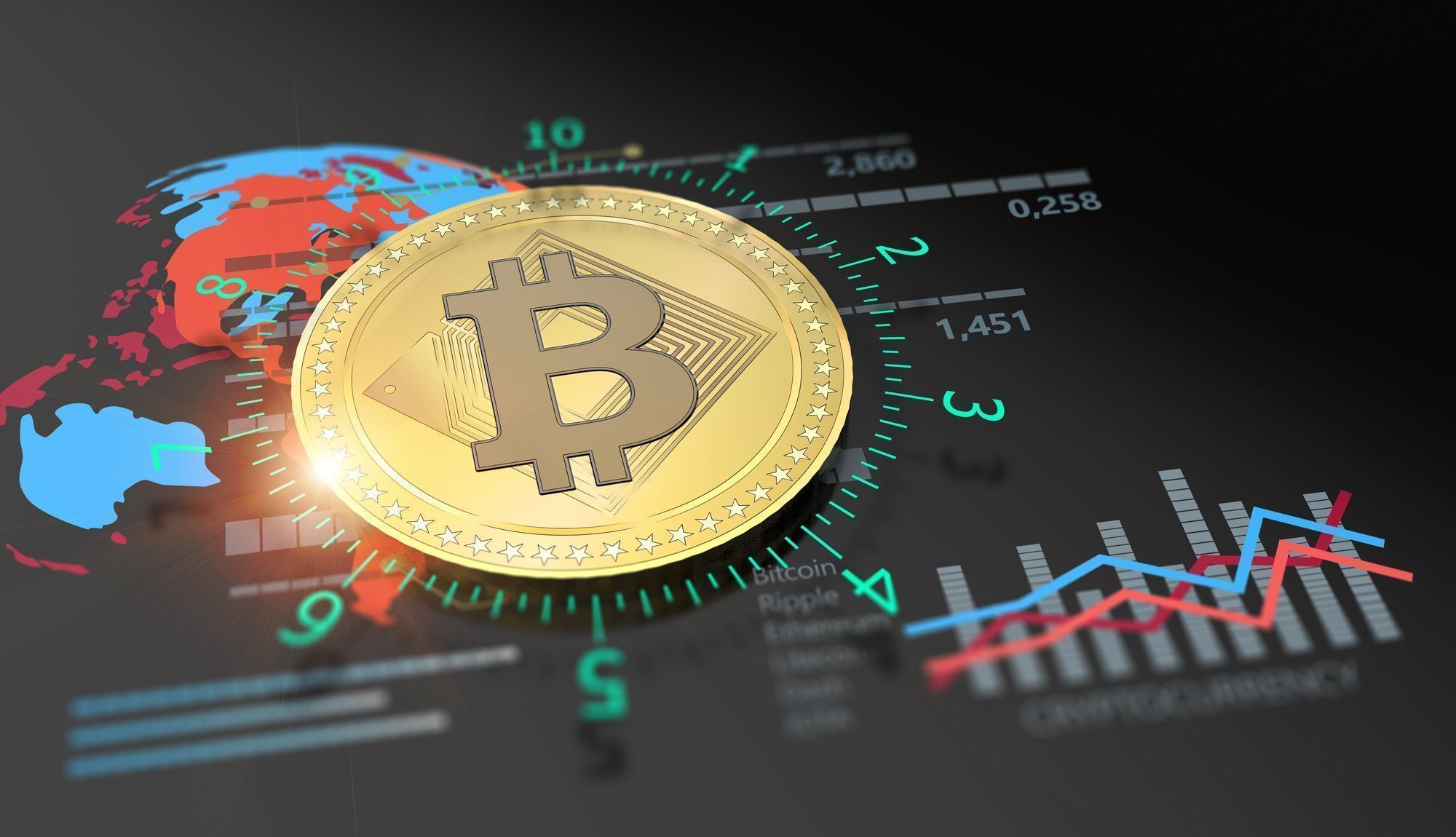US Banks Plummeting to Levels Worse than March Crisis Could Spell Good News for BTC

The US banks’ crisis that occurred in March this year proved to be a boon for Bitcoin and the crypto market. One of the biggest reasons behind this was the lack of correlation the cryptocurrency shared with US stock markets. While the banks have relatively stabilized since then, the present market conditions spell a similar scenario taking shape once again.
US banks take a hit again
Four of Wall Street’s biggest banks in the US - Citi, Morgan Stanley, Goldman Sachs and Bank of America are presently at their worst levels since the banking crisis. The year-to-date performance of these banks shows that, at the moment, they are trading at the lowest price, even lower than what they were in March this year.
While Citigroup is observing a 14% decline since the beginning of the year, Goldman Sachs stands right behind, noting a 13% fall. Morgan Stanley has surpassed these two to register losses extending to 16% YTD, while Bank of America is leading the charge with a 23% crash.
US Banks’ performance YTD, Souce: FXStreet.
While the current condition of the US economy does not support a bullish narrative for either the banks or the stock markets, the situation is quite different in the case of the crypto market. Just like March, at the time of writing, Bitcoin is sharing a starkly negative correlation with the S&P 500 Index as well as NASDAQ at -0.80 and -0.78, respectively.
Bitcoin correlation with stock markets, Souce: TradingVew.
Back in March, as banks faced significant pressure, Bitcoin price rallied along with the rest of the crypto market, and coincidentally, BTC is rallying at the moment, too. Up by nearly 22% in the last six days, the cryptocurrency has pulled up the rest of the altcoins along with it, bringing the total crypto market capitalization to $1.244 trillion.
If this pattern is considered, then the losses of US banking institutions are translating to profits for crypto investors, suggesting that the flow of money into this sector is not solely influenced by the United States.
However, the extended losses of banks alone may not be the cause of Bitcoin’s rally.
Bitcoin price could be up due to other factors
Knowing the crypto market’s susceptibility to volatility, one single factor cannot be ruled as the only reason for a rally. In the past couple of days, BlackRock’s spot Bitcoin ETF’s appearance on DTCC’s website, followed by delisting and subsequent relisting, has also been considered a major cause of the rally.
Furthermore, a key group of investors can also be one of the reasons for the sudden rise. The whale addresses holding between 100 and 1,000 BTC, which have seen accumulation since September 21. In the span of a month, this cohort has noted an increase of 50,000 BTC worth $1.7 billion, bringing their holdings to 3.9 million BTC from 3.85 million BTC.
Bitcoin whale accumulation, Souce: Santiment.
In the past, such bouts of accumulation have also resulted in a rally, and given their influence, it would not be a surprise if Bitcoin simply witnessed an impending burst of price increase.
Thus, at the moment, all the factors seem to be contributing to the crypto market’s growth, which is good news for investors. But if the latter factors disappear from the board, the increasing losses of banks might prove to be a boon for the crypto market.
* The content presented above, whether from a third party or not, is considered as general advice only. This article should not be construed as containing investment advice, investment recommendations, an offer of or solicitation for any transactions in financial instruments.


